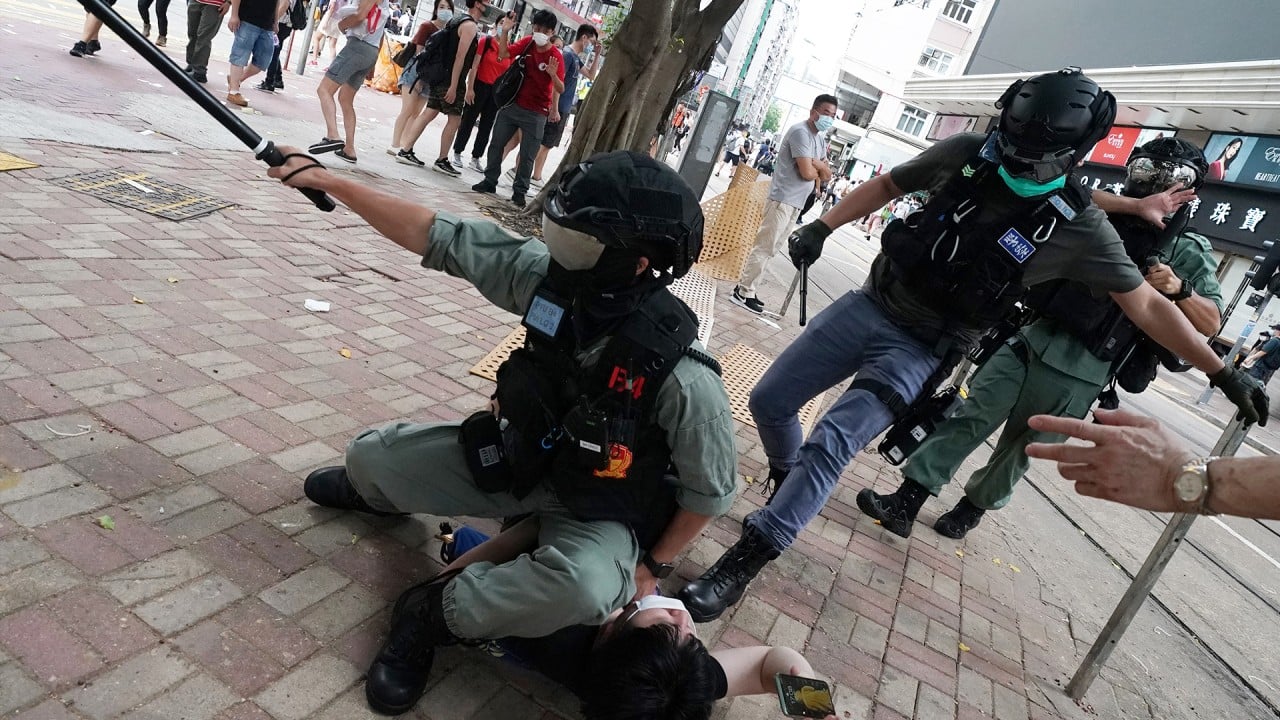
How a pop culture revival can save Hong Kong’s frustrated youth
- One of the main reasons young people are so involved in politics is they lack ways to channel their vigour and thought into creative businesses and innovation
- The government must recognise the need for sustainable plans to revamp Hong Kong’s creative industries and enrich lives
Why are young people so actively involved in politics? Of course, young people around the world have long railed against rigid establishments and democratic regression. It is slightly different in Hong Kong, though, as even early teens are keen to make their voices heard on the streets.
Pop culture is an important form of soft power. If we look at Japan and South Korea, we notice that both countries have developed long-term strategic policies that actively deploy pop culture. Not only has this created economic benefits, it has offered spiritual sustenance to society and its young people.

06:50
Hundreds arrested, thousands protest in Hong Kong during first day under new national security law
Hong Kong, on the other hand, has been unable to reap the benefits of pop culture. It seems the government lacks an understanding of its value and has yet to find ways to revive it.
Private-sector investments in media are also discouraged, resulting in a dangerous decline in investors. Whether it is pop music, film or television, support from large enterprises is vital to the media and entertainment industry. However, many enterprises in Hong Kong tend to invest only in stocks, real estate and other projects that have predictable financial returns.
These impediments make the cultivation of pop culture incredibly difficult. One industry’s struggle leads to the struggle of another. With the decline of the media industry, there is a tendency for certain media outlets to write about politics the way they would about celebrity gossip in an attempt to attract young people’s attention.
How Hong Kong’s film industry got so big – and why it fell into decline
Complex political issues are thus trivialised. Meaningful conversations become empty chatter. People talk about politics without being aware of the policies in place.
At the end of the day, the government must recognise that sustainable plans are needed to revamp Hong Kong’s creative industries. This way, our young people can have the chance to enrich their thoughts and abilities, rather than risking their lives on the streets.
Mathias Woo is co-artistic director and executive director of Zuni Icosahedron

